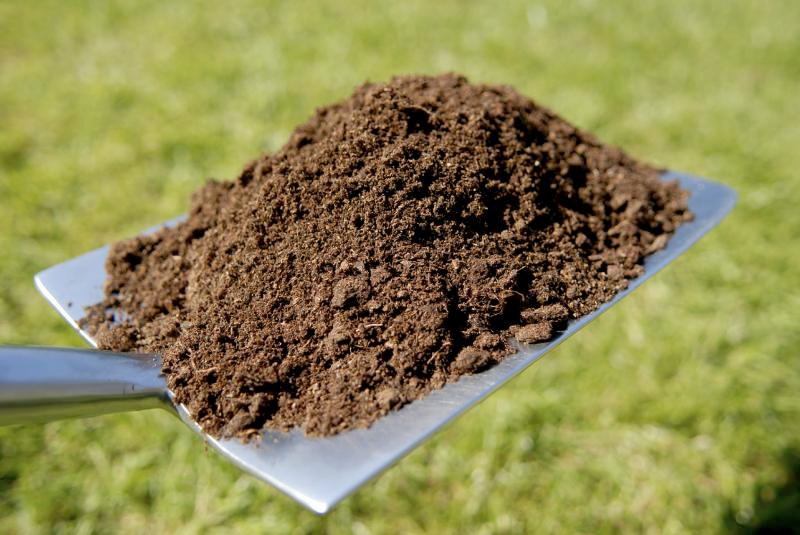
Antibiotic resistant bacteria could spread into the food chain through agricultural soil, researchers at the University of Southampton said.
Antimicrobial resistance (AMR) is one of the major issues facing society.
By 2050, if not tackled, it will kill more people than cancer, and cost, globally, more than the size of the current global economy (Review on Antimicrobial Resistance, 2014).
The aim of the research is to understand how AMR is introduced into natural soil bacteria, for example from manures applied by farmers or exposure to domesticated or wild animal and bird faecal droppings, and how this transfer takes place in different soil types.
The research will be able to help inform Government AMR policy and management strategies.
Professor Bill Keevil and Dr Marc Dumont from the University’s Network on Antimicrobial Resistance and Infection Prevention (NAMRIP) are leading the study.
Antibiotic resistant bacteria
Professor Keevil said: "The project addresses if antibiotic resistant bacteria introduced by agricultural practice (animal husbandry, human wastewater disposal, improperly composted manures) or domesticated and wild animal faecal droppings contribute antibiotic resistance genes to the soil microbiome communities or gain resistance genes from the soil antibiotic resistance gene pool (the ‘resistome’), becoming more difficult to treat if they are spread in the food chain causing disease."
Professor Tim Leighton, Chair of NAMRIP, said: "It is great to see NAMRIP members pushing the boundaries in this area.
"In NAMRIP we have from the start emphasised the importance of ‘the big picture’, and the role of soil is clearly a feature we need to know much more about.
"Bill, Marc and the team have an excellent research plan and I am certain this will be a hugely valuable study."
The work, which has received £198,000 funding from the Natural Environment Research Council (NERC), will take clay, loam and sandy soils obtained from different parts of the country for analysis of their natural antibiotic resistant species before adding important antibiotic resistant or sensitive bacteria to monitor antibiotic resistance transfer.
Researchers at the University of Newcastle said tackling antibiotic resistance on only one front is a waste of time because resistant genes are freely crossing environmental, agricultural and clinical boundaries.
Analysis of historic soil archives dating back to 1923 has revealed a clear parallel between the appearance of antibiotic resistance in medicine and similar antibiotic resistant genes detected over time in agricultural soils treated with animal manure.
Collected in Denmark - where antibiotics were banned in agriculture from the 1990s for non-therapeutic use - the soil archives provide an 'antibiotic resistance timeline' that reflects resistant genes found in the environment and the evolution of the same types of antibiotic resistance in medicines.
